Submission to the RBNZ on risk weights and climate risk
The Reserve Bank of New Zealand – Te Pūtea Matua is working to better understand the impacts of climate change on the stability and resilience of the financial system.
RBNZ is uniquely positioned to enable alignment of the Aotearoa New Zealand economy with a low emissions future. The Centre’s recent submission on the Risk Weights Omnibus Consultation Paper is a call for RBNZ to demonstrate leadership and provide further clarity on the influence of climate and sustainability factors on the risk profile of lending made by banks to support Aotearoa New Zealand’s transition to a low emissions economy.
Capital requirements are regulatory standards for banks that determine how much liquid capital (easily sold assets) RBNZ requires them to keep on hand, as a proportion of their overall holdings. Risk weights adjust capital requirements according to the riskiness of lending or investment: the riskier the credit, the higher the capital required to be kept in reserve by the bank to guard against insolvency.
Capital requirements and risk weights should reflect climate-related risks. Higher risk lending (e.g. long dated lending linked to the fossil fuels industry) should require greater capital, while lending that can be shown to have a positive impact on New Zealand’s climate adaptation or transition (such as solar or wind farm developments) should receive favourable risk weighted asset treatment. This would better reflect the anticipated long-term favourable risk profile of these investments and the critical role they will play for our country.
There is evolving international discourse around the intersection of climate-related risk and financial system stability. Evidence and expectations will inevitably evolve through the Basel Committee. We submit that New Zealand should be aligned with but not constrained by G20 processes, and waiting for international examples is not a reason to stall leadership, collaboration and progress at home.
